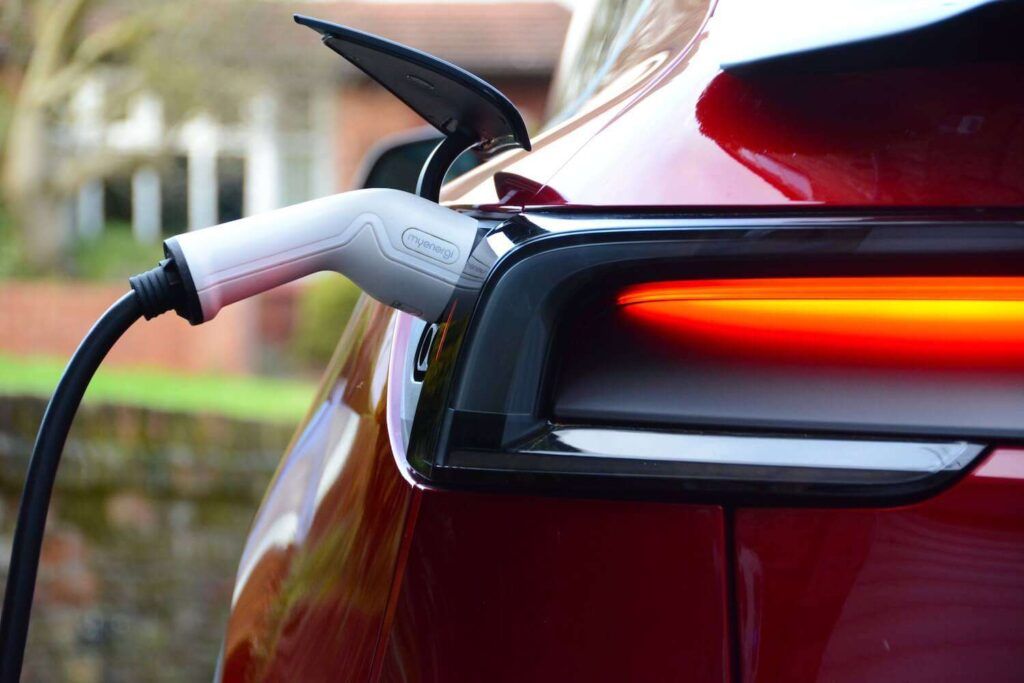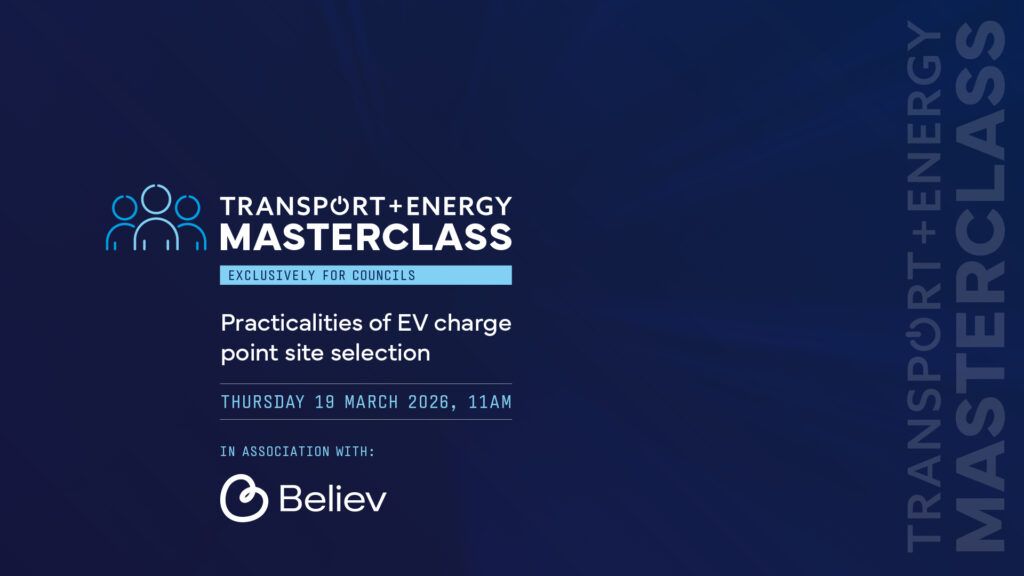President of the United States Donald Trump has announced a 25% tariff on foreign-produced vehicles, impacting vehicle manufacturers across the globe, including in the UK.
The move will impact British vehicle manufacturers such as Jaguar Land Rover, with the USA representing around a quarter of the £29bn in revenue that the firm generated in the last financial year to April 2024.
Vehicles to the value of round £9bn, which came off British car manufacturing assembly lines, were delivered to the USA last year.
It comes as a broader 10% tariff is being put onto the United Kingdom, which will impact other parts of the transport and energy sector, including batteries and affiliated products.
In addition, due to the complexity of supply chains, it will also affect the total prices of goods, and how they are made, resulting in a rise in costs and potentially inflation.
Trump has made the move as he believes that it will incentivise firms to produce their goods on the US mainland, bringing back jobs to the country’s manufacturing sector, and therefore avoid tariffs.
In the EU, Trump announced 20% tariffs on goods entering the US, alongside the 25% tariff on vehicles, and 34% on China, 46% on Vietnam and 32% on Taiwan. Both the EU and China have already said they would produce retaliatory tariffs in response to Trump’s policy.
Taiwan is especially important for the transport and energy sectors as it creates a large number of semiconductors, around 60% of the global total and more than 90% of the most advanced ones, and which power electric vehicles – making up more than 15% of the country’s entire GDP. Trump specifically mentioned this issue in his speech on Wednesday and his desire to bring back chip production into the US.
Speaking about Trump’s announcement, the chief executive of the Society of Motor Manufacturers and Traders, Mike Hawes said it was “another deeply disappointing and potentially damaging measure”.
Hawes said:
“Our cars were already set to attract a punitive 25% tariff overnight and other automotive products are now set to be impacted immediately. While we hope a deal between the UK and US can still be negotiated, this is yet another challenge to a sector already facing multiple headwinds.
“These tariff costs cannot be absorbed by manufacturers, thus hitting US consumers who may face additional costs and a reduced choice of iconic British brands, whilst UK producers may have to review output in the face of constrained demand. Trade discussions must continue at pace, therefore, and we urge all parties to continue to negotiate and deliver solutions which support jobs, consumer demand and economic growth across both sides of the Atlantic.”
Sue Robinson, Chief Executive of the National Franchised Dealers Association, added:
“The announcement of a 10% tariff on all UK imports to the US, alongside varying tariffs on other countries/trading blocs – notably a 20% tariff on the European Union – poses significant risks to the sector and the global economy as a whole.
“This is compounded by the introduction, today, of a 25% tariff on cars entering the US which will further exacerbate these challenges. The cumulative effects of these tariffs will be profound, impacting our dealer members who have already shown remarkable resilience in the face of economic challenges, as well as manufacturers and the broader automotive industry. I urge the Government to take swift and decisive action to safeguard jobs and protect our industry during these unprecedented times.”
The news comes as the Institute for Public Policy Research (IPPR) said that the tariffs should result in the UK “doubling down” on its acceleration to electric vehicles.
The think tank said the UK is still “well placed” to capitalise on the transition to net zero and build on its niche of manufacturing green planes, trains and automobiles.
The authors of its study said the only way to secure transport manufacturing jobs in the UK was to “double down on making sure Britain is competitive in zero- or low emission-transport products”.
Pranesh Narayanan, research fellow at IPPR, said “Trump’s tariffs have huge potential to completely destabilise the UK car manufacturing industry” but “as one door closes another one opens” and there was “huge untapped potential in manufacturing green planes, trains and automobiles and selling them at home and abroad.”
Image from Shutterstock












